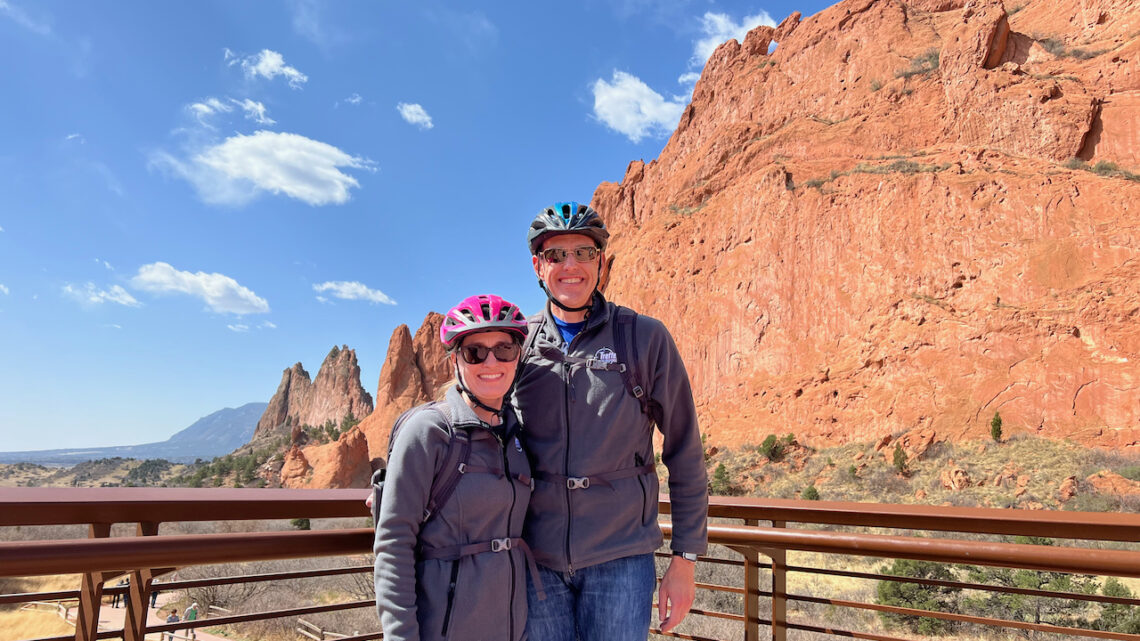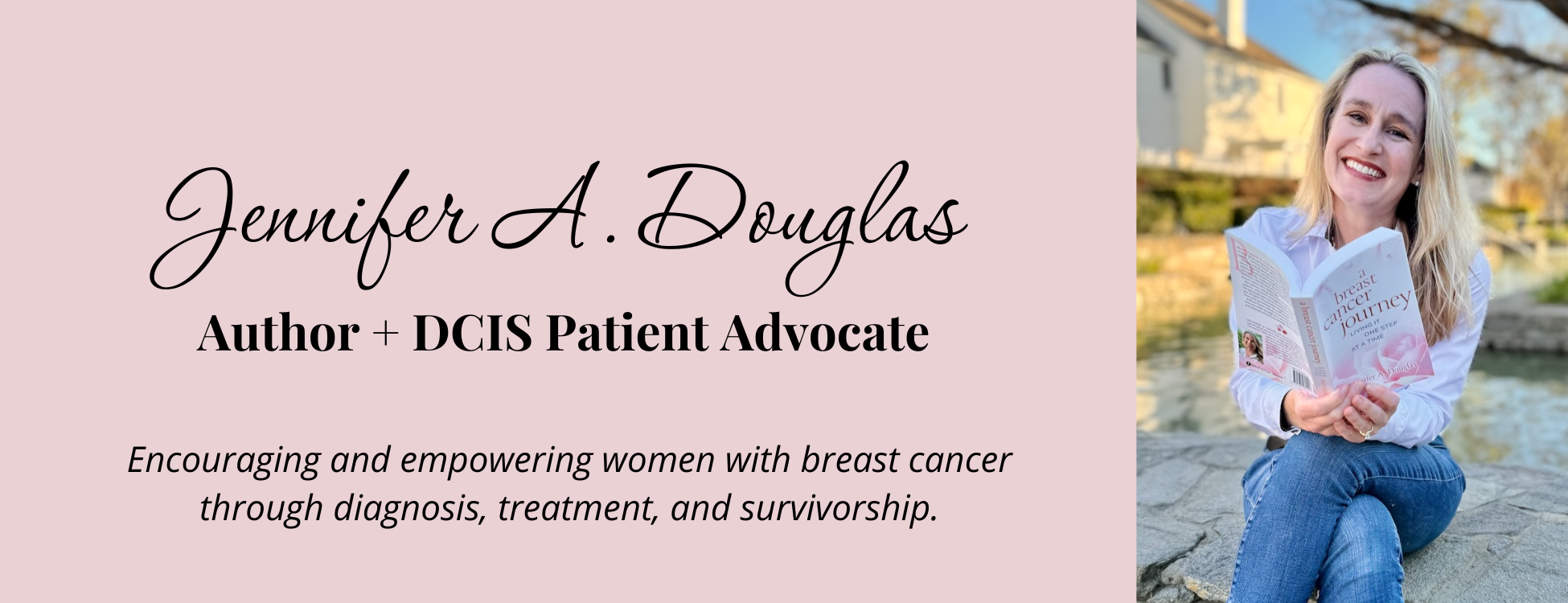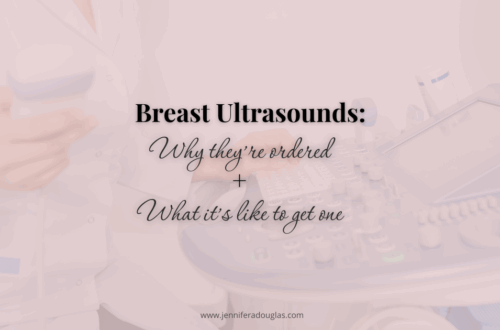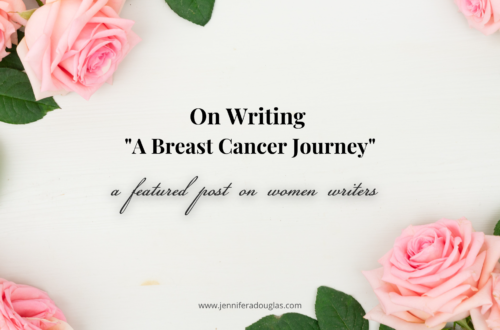
Recovery is a Process, Not an Event
“Are you recovered yet?” was a common question I heard after my cancer treatment ended. I asked myself that question regularly when I woke up in the mornings. Would today be that remarkable day when I would feel recovered? As the days progressed into months and years, I wondered if there would be a time when recovery would feel complete. Eventually, I realized that waiting for the recovery event was never going to happen because recovery is a process, not an event.
Back to Normal?
Somehow, I thought life would progress along the same trajectory after cancer. I would get through treatment, heal, and then we could all get back to normal. I wasn’t prepared for a pandemic, a bout with skin cancer for my husband, a herniated disc in my spine, and the emotional challenges with my eldest son graduating and leaving for college. How was I supposed to be recovered when my post-cancer life didn’t resemble my pre-cancer life?
The more I reached for the state of “recovered” or “back to normal,” the more frustrated I would get.
Nothing looked like it did before I got cancer, not even the number of people living in my house. As I began writing and advocating, I realized my days were filled with new people and activities. This didn’t look like “normal.”
Feeling frustrated about recovery? You’re not alone!
Along the way, I began to realize that I wasn’t the only person who struggled with the idea of being “recovered” after cancer. Whether we are dealing with side effects, ongoing medication, scanxiety, relational challenges, vocational changes, or the emotional wake from cancer, the idea of being “recovered” didn’t seem to be viable.
As I pondered this, I became more comfortable with the idea that recovery is a process. Processes take time and don’t necessarily have an endpoint. We can go from one stage to another, and we experience progress. Little steps are acceptable.
My Experiences with Fatigue Recovery
I was lying in bed a little while after I finished radiation. I waited for the wave of exhaustion to propel me into sleep. I could hear the movie noise coming from downstairs through my earplugs. Pretty soon, I realized that sleep wasn’t coming. I got out of bed and joined my family on the couch. They looked at me quizzically as I snuggled up against Dave and asked if the movie was too loud. “No, it was fine. I’m just not tired.”
I sat there with my family and enjoyed the rest of the movie. When we all finally headed to bed, I was actually tired.
I had no idea that night would be the first inkling of my recovery from radiation fatigue. I was still behaving with my routines as if I was in treatment, so going to bed before 9 had become my new normal.
Perhaps the fatigue would eventually resolve after all.
It was months before I felt as if the recovery process from the fatigue had completed, but I couldn’t tell you exactly when it happened. I’m very aware of my fatigue level to this day and am much more likely to step away and take a rest when I feel like the pace is too intense. So I’ve definitely recovered from the acute phase of radiation fatigue- which is great. But I couldn’t tell you when I hit that “recovered” state.
It was a process to recover from radiation fatigue. I gradually made adjustments to my sleep schedule and daily routines that were in line with how I was feeling each day. I would have high energy days, and then I might do too much and then feel completely depleted the next. It took time for my energy bank to expand its capacity again. If I wasn’t aware of what I could and couldn’t tolerate, I would get irritable and angry in the evenings.
As I was working through the radiation fatigue, I was also dealing with the new side effects of tamoxifen. I had no idea if what I was feeling was because of the medication or because I was still recovering from radiation.
This combination of treatment resolution and new medications introduces complexity to being “recovered.” How can we really be recovered when treatment continues?
Recovery Frustration When Life Happens
When I strive for recovery to be an event, I get frustrated when I feel sick again.
Herniating a disc last year in my spine was a significant setback to my physical recovery. Just as my family emerged from our pandemic-induced isolation, I began months of physical therapy for my injury. I was so excited to enjoy the summer of 2021 with my family and finally get to the fun deferred. We had one summer to do two summers worth of activities!
We did do many fun things, but unfortunately, I was in physical pain and frustrated with my situation for the season. Going to baseball games was a challenge because sitting still hurt. When we went to the Caribbean as a family, I couldn’t swim comfortably without pain. I couldn’t participate in the sporting or circus activities I’d been excited about because I was injured.
Upon our return from the vacation, I was in the most severe pain I’ve ever experienced. I certainly didn’t feel recovered. I felt awful.
I was a patient again, but this time one with pain, physical therapy appointments, anxiety-inducing MRIs, and extreme emotional frustration.
Cancer Didn’t Give Me a Free Pass for Life
Didn’t I pay my “suffering” dues with cancer? Who decided that I needed to have another challenging medical situation on top of the one I’d just gone through.
The physical pain delayed the progress on my book. I didn’t feel well enough to edit, so the project sat for quite a while.
At times, the frustration I felt last year at being in pain for my eldest son’s “last” summer at home was overwhelming. I wanted to do all these fun things, and I wasn’t up to it.
I was sick of feeling sick. When would I be recovered?
Recovery- Discovering Hope in the Process
When I view recovery as a process, I feel hopeful. I can celebrate the individual wins as they come. Suppose I have a tough day emotionally or physically. In that case, I assess where I am and adjust my perspective. This flexibility enables me to enjoy when I feel amazing and accept when I’m not.
A Recovery Highlight: Garden of the Gods
The sun was shining, and I looked around me at the stunning rocks jutting up from the ground. The landscape transformed while I effortlessly pedaled the e-bike up the hill. As I breathed in the fresh air and gazed at the beauty around me, I realized that I felt well. I was overwhelmed with a sense of physical, mental, and emotional well-being.
Gratitude filled me as I realized that I could do this activity without pain. I could keep up! My neck and shoulder didn’t bother me. All of the exercise I’d done at home was paying off. I hadn’t ridden a bike in a long time because of cancer and my disc injury. But there I was, riding, smiling, enjoying, and feeling fabulous.
As I sit in a coffee shop writing about the moment, tingles rush over my body. That bike ride was a significant highlight of my recovery process.
I have scans coming up in a few weeks, and while I haven’t thought much about them yet, I know I will have scanxiety as they approach. I expect it and plan for it. These moments of anxiety are a part of my recovery process.
Recovery from cancer or a significant injury isn’t an event. We don’t wake up one day and feel completely recovered. It is a process that is ongoing. Embracing the process can bring us hope for the future and enable us to have patience when things don’t progress as quickly as we’d like.
Recovery is a process, not an event.






One Comment
Linda
An amazing article that I know will help others to be gentler with themselves during any recovery process. Thank you for writing and sharing.